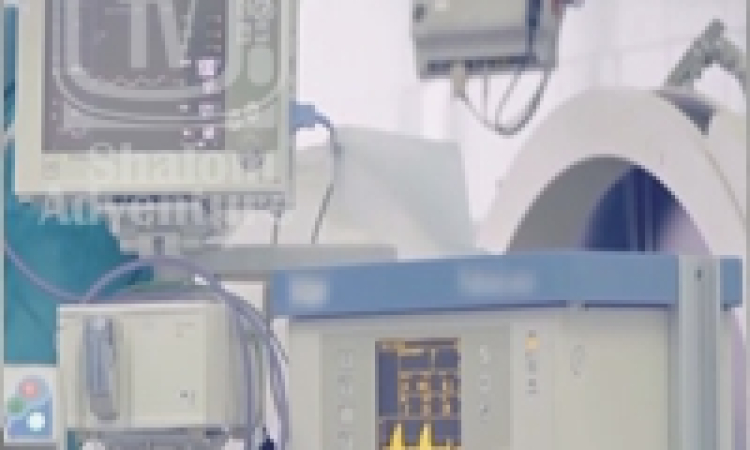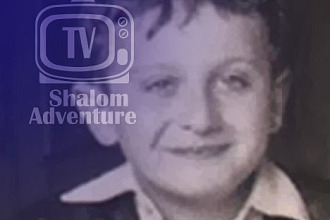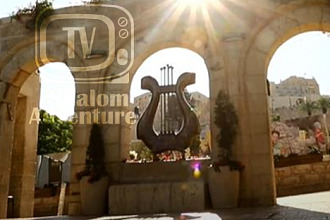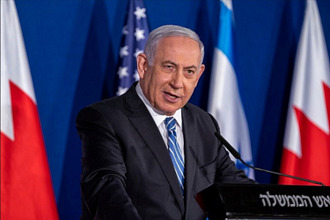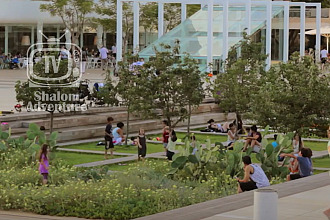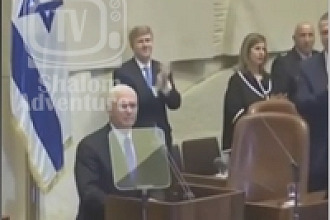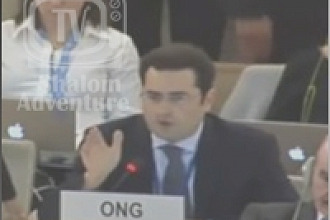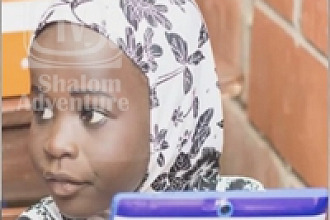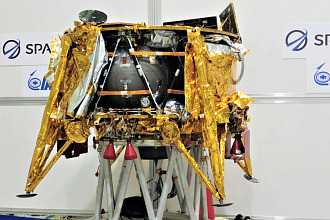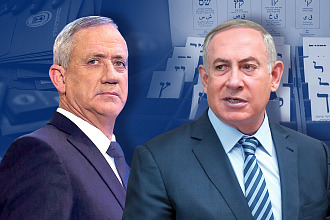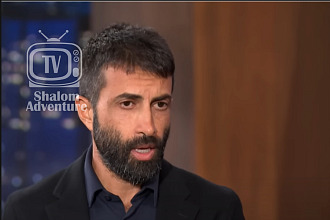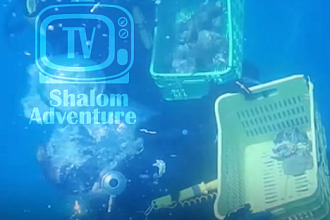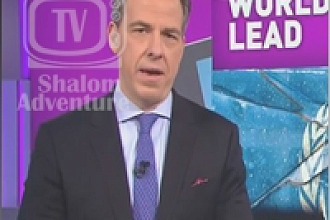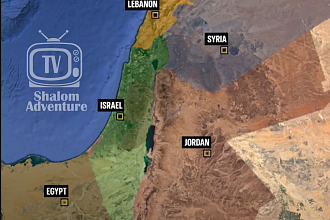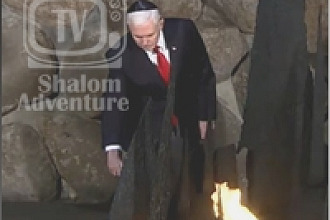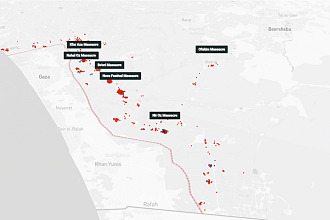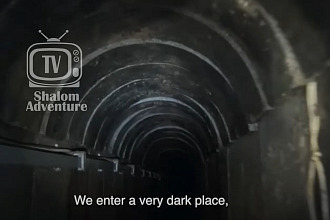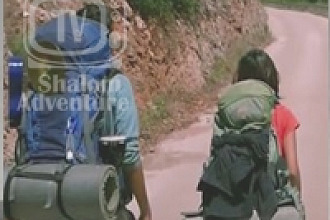CardioScale, a medical monitoring startup company based in Ganei Tikva, Israel, won prizes and accolates at a counter-terrorism conference for its innovative portable arm cuff which can aid first responders assisting in accidents, terrorism events, or other mass casuality incidents to triage patients and more effectively determine who is in the greatest need of medical care based on analyzing a patient’s cardiovascular status and other pertinent medical information expediently. CardioScale’s technology was one of 210 entries in the conference, and the first place prize was a check for $100,000.
“In emergency medical situations and trauma, every minute that passes without accurate diagnosis and treatment can significantly reduce the chances of success in saving the patient, and the difference between life and death is usually based on the medical team in the field (doctors, paramedics, medics) who need to make quick and effective decisions based on their experience,” stated Tomer Epstein, Director of Medical Equipment and Computerization in the Israeli Export Institute. “The number of victims in medical emergency incidents is rising worldwide nowadays due to terrorist attacks, natural disasters, road accidents, injuries at home, and more.”
Maoz Ben-Ari, the CEO of CardioScale, was further acknowledged for this contribution to humanity at the Conference of European Rabbis in Paris, winning another prize for his innovative technology of £15,600 (€18,000). The conference was hosted at the Hôtel de Ville and included the French Minister of DIgital Affairs as one of the keynote speakers.
“The algorithm, as we envision it, can also be used to analyze other systems because it is a system that prioritizes treatment in different critical situations,” Ben-Ari stated. “The situation in which the body undergoes compensation indicates a condition that appears to be normal in terms of heart rate and blood pressure, when actually deterioration had already commenced. Our system is able to recognize the very early beginning of the deterioration, at a stage when the body compensates and falsely displays a non-alarming medical picture. No other existing model can identify deterioration as early as we do. This may save unnecessary treatments in intensive care, complications during surgery, patients discharged earlier than needed, etc.”
“Lives of casualties and injured are lost because we don’t know how to prioritise them on the field,” Ben-Ari elaborated. “[Now] we are able to measure someone with new technology and say who needs to be treated first…We come from Israel, we’re Jewish, and we all know the phrase, ‘to save one life is to save the whole world.
Written by Erin Parfet

